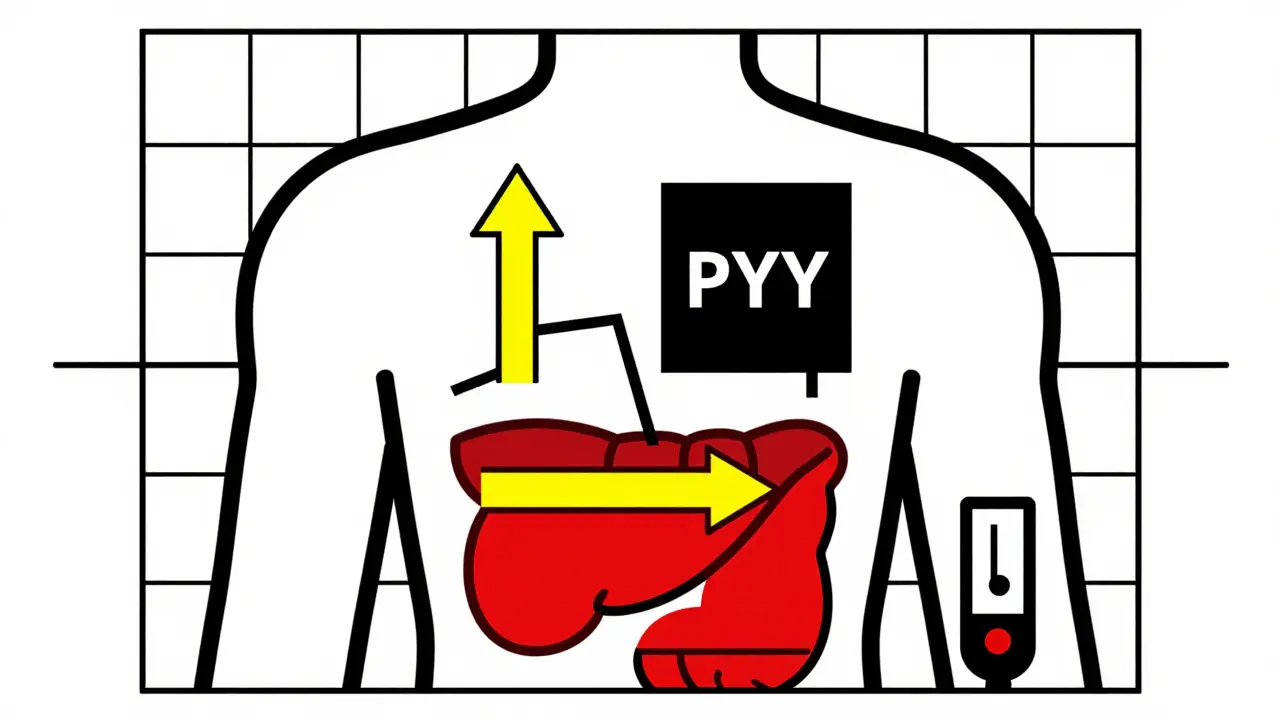Weight loss: practical, safe steps that work
If you want to lose weight without useless fads, focus on habits you can keep. Start by picking a realistic, measurable goal: aim for 0.5–1 pound (0.25–0.5 kg) per week. Small, steady changes beat crash diets because they become routines.
Track what you eat for a week. Use a phone app or a simple notebook. Tracking reveals patterns—where you snack, when you overeat, and which meals leave you satisfied. After a week, cut 250–500 calories a day if your goal is steady loss. Prioritize protein at each meal; 20–30 grams helps curb hunger and protect muscle during weight loss.
Move in ways you enjoy. Strength training two to three times a week preserves muscle and raises resting metabolism. Add cardio sessions to increase calorie burn; even brisk 30-minute walks count. Consistency matters more than intensity. If you hate running, walk, cycle, swim, or do a fitness class you look forward to.
Sleep and stress are often ignored. Aim for seven hours of quality sleep. Poor sleep raises hunger hormones and weakens willpower. Use simple habits: a fixed bedtime, no screens an hour before bed, and a cool dark room. Manage stress with short daily practices: 5–10 minutes of deep breathing, a walk, or stretching. Less stress means fewer emotional snacks.
Intermittent fasting works for some people because it limits eating windows and reduces mindless snacking. A common pattern is 16:8 — 16 hours fasting, eight hours eating. It’s not magic; calories and food quality still matter. Try it for a few weeks and judge how you feel.
Supplements and medications can help but don’t replace food and exercise. Caffeine and green tea extract slightly increase calorie burn. Fiber supplements can reduce appetite. Prescription drugs like GLP-1 agonists (for example semaglutide) produce large weight loss in clinical trials, but they have side effects and cost issues. Talk to your doctor about risks, benefits, and whether medication fits your situation.
Buying weight-loss meds online? Be cautious. Use reputable pharmacies with clear contact info and licensure. Avoid sites with deeply discounted prescription drugs, no pharmacist contact, or no requirement for a prescription. Ask your doctor to recommend safe online sources if needed.
Watch interactions if you take other meds. A pharmacist can check for interactions and advise on timing. If you have diabetes, heart disease, or are pregnant, get medical approval before changing diet, exercise, or starting medications.
Track progress with simple metrics: body weight weekly, waist measurement, and how your clothes fit. Celebrate non-scale wins like improved energy and sleep. If you stall, tweak calories, add strength work, or check for medical causes like thyroid issues.
Small consistent changes beat dramatic short-term fixes. Pick two habits to start this week—say protein at breakfast and three 30-minute walks—and build from there.
If you want personalized help, a registered dietitian or pharmacist can design a plan that fits your health, budget, and schedule. Medical supervision matters for safe, lasting results. Start small and keep going every day.

Metabolic Surgery Outcomes: Weight Loss and Diabetes Remission
Feb 10 2026 / Health and WellnessMetabolic surgery offers the most effective path to long-term weight loss and type 2 diabetes remission, outperforming medication and lifestyle changes. Learn who benefits most, how it works, and what to expect after surgery.
VIEW MORE
Nikko Maple: Natural Weight Loss, Health Benefits, and Wellness Secrets
May 15 2025 / Health and WellnessDiscover why Nikko Maple is gaining attention as a natural solution for weight loss and wellness. This article unpacks the science behind maple syrup's unique benefits, practical tips for using it in your daily routine, and honest advice from a parent's perspective. Find out how it can help you feel better and support your health goals without resorting to risky trends or harsh diets.
VIEW MORE